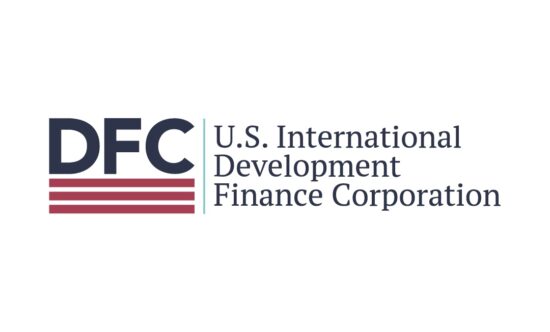DFC Establishes Important Office for Accountability and Community Feedback – Public Consultation Crucial to Further Ensure its Effectiveness

It has been nearly two years since Congress passed legislation to transform the U.S. government’s approach to development finance through the creation of the U.S. International Development Finance Corporation (DFC). Last week, DFC’s board of directors took an important step in fulfilling a key Congressional mandate by officially establishing an independent accountability mechanism (IAM) to ensure that DFC’s work adheres to environmental and human rights obligations.
A Cornerstone for Sustainable Development
IAMs are crucial forums for communities who are harmed by or see potential harms from development finance projects to raise concerns and seek redress. Through mandating an IAM in the BUILD Act legislation that created DFC, Congress responded to AC and civil society advocacy and ensured that the new agency would constructively address negative impacts to affected communities and receive important lessons learned to facilitate sustainable development. The resolution on the IAM passed by the board last week lays the foundation for this important governance tool.
Key Takeaways of the IAM Resolution
The IAM resolution is strong in that it outlines that the mechanism will be implemented according to key principles, including impartiality, accessibility, transparency, and responsiveness. DFC’s predecessor, the Overseas Private Investment Corporation, also had IAM – the Office of Accountability (OA). Accountability Counsel and partners have called on DFC to ensure that its IAM is built on the experience of the OA and incorporates international best practice. Fortunately, the new DFC IAM resolution removes one of the OA resolution’s most problematic provisions – the restriction of complainants’ ability to file complaints after a client repays its loan. As communities affected by OPIC’s financing in Liberia can attest, the full extent of harm from a project may not be realized until after an institution is no longer involved. Moreover, communities sometimes require significant time to organize and coalesce support for accessing an IAM and filing a complaint. By removing this time limitation on complaints, the DFC board has increased accessibility to the mechanism, a move that will benefit both affected communities and DFC itself.
The resolution also includes a groundbreaking provision requiring all DFC clients and financial intermediary sub-clients to disclose the existence of the IAM to project-affected communities. Publicly requiring the entities who interact directly with communities to disclose this avenue for raising environmental and social issues is key to ensuring awareness of and increasing access to an IAM. An IAM is of no benefit to communities or the institution if communities are unaware of it.
Clarifying Ambiguities to Ensure Effectiveness
Notwithstanding the improvements in the resolution, the document also includes ambiguities that can affect the effectiveness of the IAM. For example, the resolution lacks clarity in the relationship between the IAM’s two main functions for addressing community complaints – dispute resolution and compliance review. The IAM needs robust terms of reference (TOR) or procedures to ensure that the resolution is implemented in a manner that results in meaningful outcomes for complainants. The resolution indicates that the board will hire the head of the IAM, who will then establish the TOR for board approval. While the resolution commits to a public consultation process two years after the board approves the TOR, it is silent on stakeholder engagement for designing the TOR in the first place. It should be assumed, but also should be mandated expressly, that the initial TOR will be shaped through public consultation as well. The reason for including stakeholders in an IAM’s design is obvious: those who are affected by DFC financing – and could possibly use the mechanism – should shape it to ensure that it will be an effective and responsive office.
For the same reason, the selection process for the head of the IAM should itself include the insights of civil society, following the lead of the European Bank for Reconstruction and Development and other development finance institutions that include external stakeholders in the selection processes for IAM leadership.
The Advocacy Continues
Ensuring that DFC has a strong accountability framework has been a civil society priority as DFC continues to ramp up operations. Accountability Counsel will continue to work with partners to ensure that DFC’s IAM is an effective tool for community feedback, accountability, redress, and institutional learning. Follow the link to read more about our DFC advocacy.

